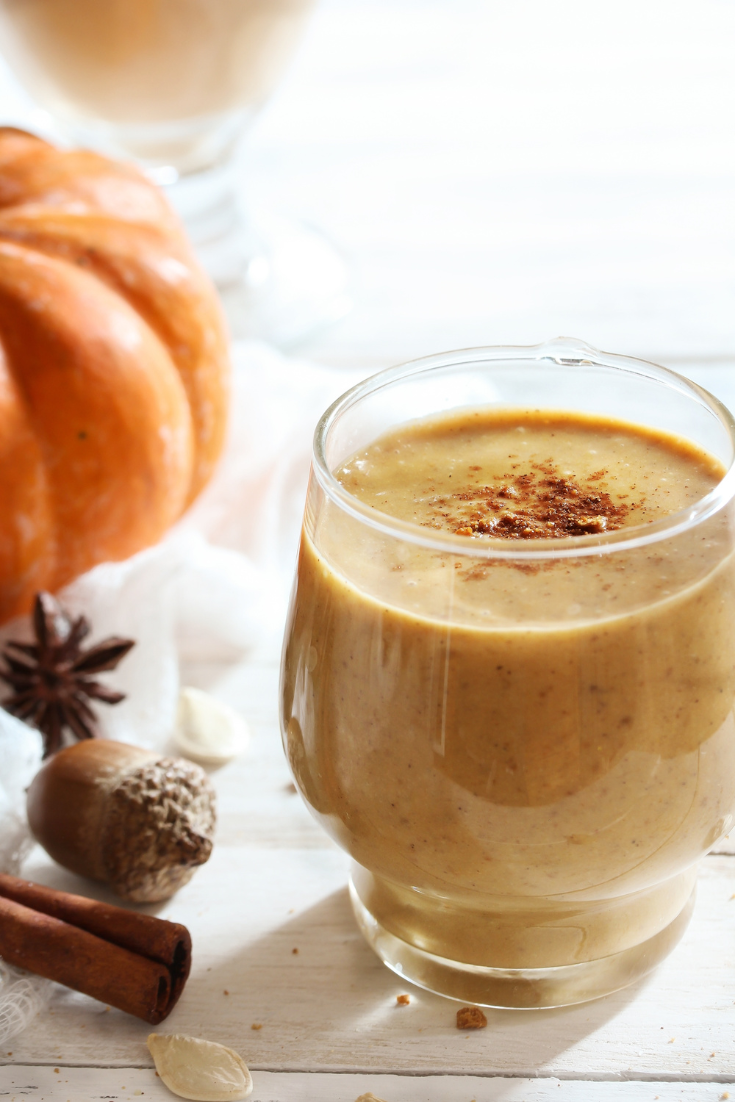Pumpkin: A Nutrient-Rich Fall Favorite
This “Pumpkin: A Nutrient-Rich Fall Favorite” article is a great explanation into why pumpkin is both healthy and delicious. Pumpkin is packed with fiber, which supports digestion and helps you feel full, while being low in calories. It’s also rich in vitamins A and C, which boost immunity and promote healthy skin, and contains antioxidants like beta-carotene, which support eye health. Plus, its natural sweetness and creamy texture make it a versatile ingredient for both savory and sweet dishes.

Nutritional Benefits
- Nutrient-Rich: Pumpkin is a nutritional powerhouse! It’s loaded with vitamins A, C, and E, as well as fiber. These nutrients help support your immune system, improve your skin, and keep your digestion running smoothly. So, while you’re enjoying that pumpkin spice latte, just think about the skin-glowing benefits you’re getting!
- High in Fiber: Pumpkin flesh is a good source of dietary fiber, which is important for digestive health. A diet high in fiber can help regulate bowel movements, reduce the risk of constipation, and support a healthy gut.
- Antioxidants: Pumpkins contain antioxidants, including beta-carotene, which can help protect the body from oxidative stress and inflammation. Antioxidants play a role in reducing the risk of chronic diseases and promoting overall health.
- Low in Fat: Pumpkins are naturally low in fat, making them a healthy choice for those watching their fat intake.
- Low in Calories: Pumpkin is a low-calorie food, making it a good option for those looking to manage their weight or calorie intake. It can be a satisfying addition to meals without contributing significantly to your daily calorie count.
- Versatile: Pumpkins can be used in various culinary preparations, from soups and stews to pies and smoothies. They can add flavor, texture, and nutritional value to a wide range of dishes.
- Good for Eye Health: The high content of beta-carotene in pumpkins is beneficial for eye health. Beta-carotene can be converted into vitamin A in the body, which is essential for maintaining good vision, especially in low-light conditions.
- Hydration: Pumpkins have a high water content, which can help with hydration, and they can be a tasty addition to your diet, especially during the fall and winter months.

How to Add More Pumpkin to Your Diet
There are so many fun and delicious ways to add pumpkin to your meals beyond pumpkin pie. Here are a few ideas:
- Mix pumpkin puree into your oatmeal for a seasonal twist.
- Blend it into smoothies for extra creaminess and nutrients.
- Add it to soups for a rich, hearty flavor.
Pumpkin can be both sweet and savory, so don’t be afraid to experiment in the kitchen!
Pumpkin Recipes



More Pumpkin Smoothies You Will Love:
It’s important to note that the nutritional content and health benefits of pumpkins can vary depending on how they are prepared and cooked. For example, pumpkin pie, when loaded with sugar and butter in a flaky crust, may not be as healthy as roasted or steamed pumpkin. To maximize the health benefits of pumpkins, consider incorporating them into a well-balanced and varied diet and choosing cooking methods that preserve their nutritional value.


